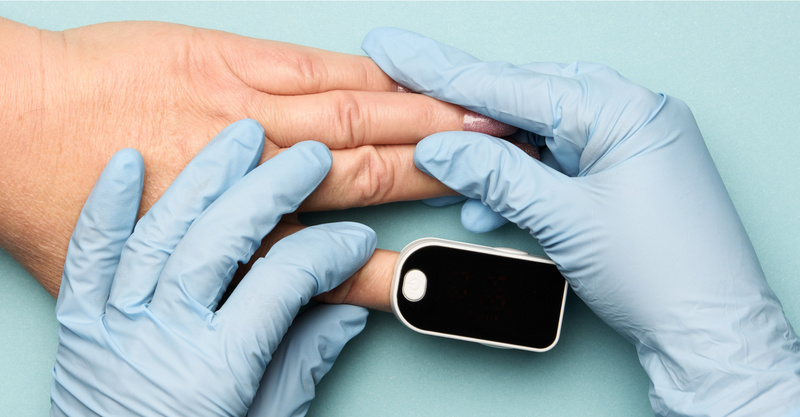Key Points
- Urgent care facilities are ideal for treating basic injuries and illnesses that are not life-threatening, such as fractures, burns, urinary tract infections, and the flu.
- Injuries treated at urgent care centers include those resulting from trauma or accidents, like sprains, whiplash, and cuts, but not chronic conditions.
- Common illnesses treated at urgent care include allergies, bronchitis, ear infections, and common colds, which can typically be managed with antibiotics or other medications.
- Even if the symptoms are unclear, urgent care can be useful for conditions like swollen glands, minor abdominal pain, coughing, and unexplained pain or swelling.
- Urgent care facilities are not suitable for severe or life-threatening conditions, and in such cases, an emergency room is a more appropriate choice. They are, however, a good alternative when primary care physicians are unavailable, such as after hours.
There are many conditions that can be treated at an urgent care facility, from injuries to illnesses. Urgent care is not appropriate for life-threatening conditions (if you experience life-threatening emergencies, call 911); however, for basic illnesses or injuries, urgent care is ideal.
Injuries Treated at Urgent Care
Many people who come into urgent care facilities come because they have an injury or have recently experienced trauma. Generally the injury and trauma that causes someone to come into urgent care is not chronic. Instead, common injuries include:
- Fractures
- Whiplash
- Sprains or strain of the ankle, knee, or shoulder
- Cuts and lacerations
- Burns
- Injury from falls
- Injury from car accidents
Illnesses Treated at Urgent Care
In addition to injuries, many people come to urgent care facilities to be treated for illnesses. These illnesses are not life-threatening. Usually they can be treated with antibiotics or other medications. Some of the most common illnesses that are treated in an urgent care facility include:
- Urinary tract infections (UTI)
- Allergies and asthma
- Pink eye
- Mono
- Bronchitis
- Common cold
- Flu (influenza)
- Ear Infection
- Strep throat
- Head lice
Other Symptoms
Sometimes, you may not know exactly what is wrong. In this case, it is still a good idea to come to an urgent care facility if you are experiencing some of the following symptoms:
- Swollen glands
- Rash and itching
- Coughing (and dry cough), sneezing and wheezing
- Sore throat
- Minor abdominal pain
- Diarrhea
- Headaches
- Other unexplained pain or swelling
When to go to Urgent Care
It's important to understand when you should go to an urgent care center. These facilities are not appropriate for life threatening illnesses or injuries. If, for example, you have a cut that is extremely deep and will not stop bleeding, an emergency room may be a better option than the urgent care. It's also good to note that even if your injury or illness is on the list of most commonly treated items, if it severe enough you may be transported to a local emergency room.
Urgent care facilities are a good option if you are unable to get to a primary care physician, due to it being after hours.
Frequently asked questions
What types of conditions can be treated at an urgent care facility?
Urgent care facilities can treat a variety of conditions, ranging from injuries like fractures, whiplash, sprains, cuts, burns, and injuries from falls or car accidents to illnesses like urinary tract infections, allergies, asthma, pink eye, mono, bronchitis, common cold, flu, ear infections, and strep throat. They can also handle symptoms like swollen glands, rashes, coughing, sore throat, minor abdominal pain, diarrhea, headaches, and other unexplained pain or swelling.When should I not go to an urgent care center?
You should not go to an urgent care center if you have a life-threatening condition or injury. For example, if you have a cut that is extremely deep and will not stop bleeding, an emergency room would be a better option.Can urgent care facilities treat chronic injuries or illnesses?
Generally, urgent care facilities do not treat chronic injuries or illnesses. They are more suited to treating basic illnesses or injuries that are not life-threatening.What are some common injuries treated at urgent care facilities?
Common injuries treated at urgent care facilities include fractures, whiplash, sprains or strains of the ankle, knee, or shoulder, cuts and lacerations, burns, and injuries from falls or car accidents.What are some common illnesses treated at urgent care facilities?
Common illnesses treated at urgent care facilities include urinary tract infections, allergies, asthma, pink eye, mono, bronchitis, the common cold, flu, ear infections, and strep throat.What should I do if I don't know what's wrong but I'm experiencing symptoms?
If you're experiencing symptoms like swollen glands, rash and itching, coughing, sneezing, wheezing, sore throat, minor abdominal pain, diarrhea, headaches, or other unexplained pain or swelling, it's a good idea to visit an urgent care facility.Are urgent care facilities a good option if I can't get to my primary care physician?
Yes, urgent care facilities are a good option if you are unable to see your primary care physician, especially if it's after hours.What happens if my injury or illness is more severe than what an urgent care facility can handle?
If your injury or illness is more severe than what an urgent care facility can handle, even if it's on the list of commonly treated items, you may be transported to a local emergency room.


 LinkedIn
LinkedIn









